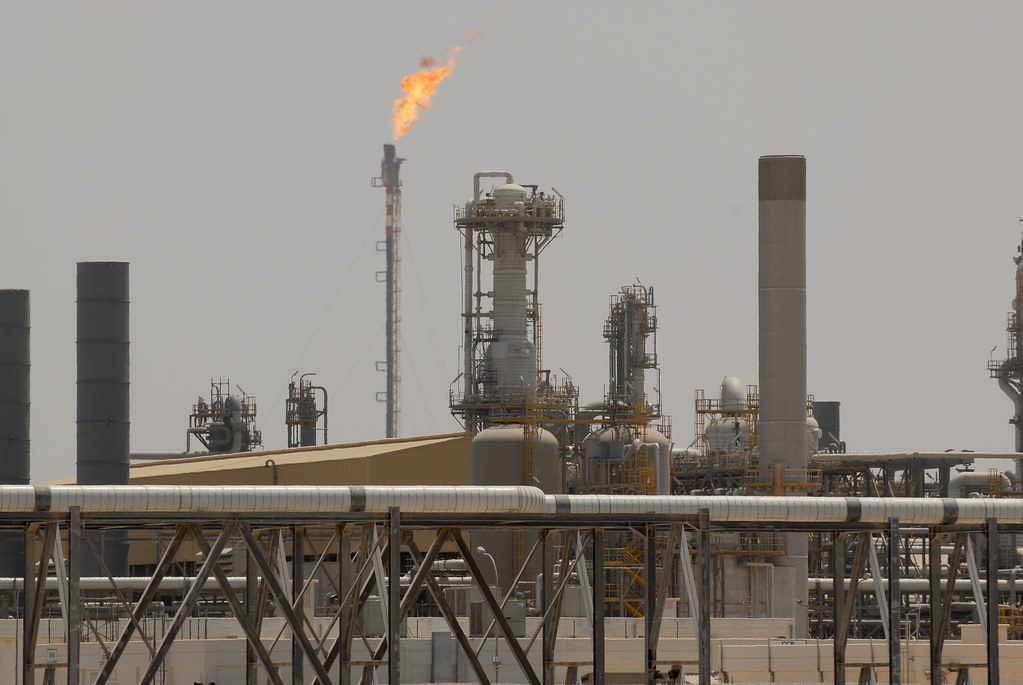Qatar and Singapore signed the first long-term liquefied natural gas (LNG) deal that details pollution levels, Bloomberg reported on Monday.
The 10-year agreement, signed by Qatar Petroleum’s (QP) trading arm and Pavilion Energy Pte, details the quantity of greenhouse emissions and is hoped to deliver at least 1.8 million tonnes annually starting from 2023.
According to Saad Al-Kaabi, Qatar’s energy minister and CEO of Qatar Petroleum, the deal marks the first such achievement for QP Trading, a unit set up to build a global LNG portfolio that includes both equity and third-party volumes.
“In the context of energy transition toward a low-carbon economy, this partnership is testament to the sustainability drive of both companies and the strong willingness of Pavilion Energy to pursue decarbonisation and offset strategies,” said Frederic Barnaud, Pavilion’s chief executive officer.
While the deal does not include an obligation for carbon offsets, the two parties aim to reduce emissions.
Read also: Qatar books 7.2m tonne LNG storage in 25-year UK deal
The agreement shows the gas industry’s efforts to focus on switching to cleaner energy sources through use of greener options, unlike the traditional coal and oil. This also comes as the energy sector is under increasing pressure to reduce emissions in order to meet strict climate targets.
Pavilion Energy already took a step forward in achieving greener energy deals in March by launching a tender, asking bidders to commit to help develop a methodology to quantify and report emissions in the LNG industry.
The methodology used is expected to cover emissions from the well to the import terminal and on to transportation. Pavilion Energy expects its most recent move to become standardised in the industry, which has lacked transparent practices and failed to disclose emissions per cargo.
The Singapore-based firm also hopes to pave the way for carbon offsetting through projects that would help mitigate the carbon footprint, including forest conservation or major renewable power generation.
Qatar is also aiming to expand its global LNG production and the deal with Singapore would make it a major supplier to its market.
“This agreement reflects our commitment to respond to the needs of our customers, and to ensure supply security, price competitiveness and flexibility,” said Al-Kaabi. “[The deal] constitutes an important step in reaffirming LNG’s critical economic and environmental factors and its strong role in the energy transition.”
Qatar’s annual LNG production stood at 77 million tonnes in 2019 and is expected to produce 126 million by 2027, representing an increase of about 64%.
Follow Doha News on Twitter, Instagram, Facebook and Youtube







